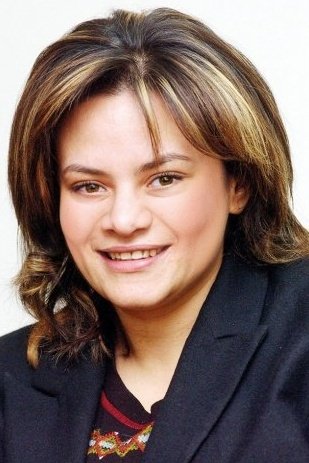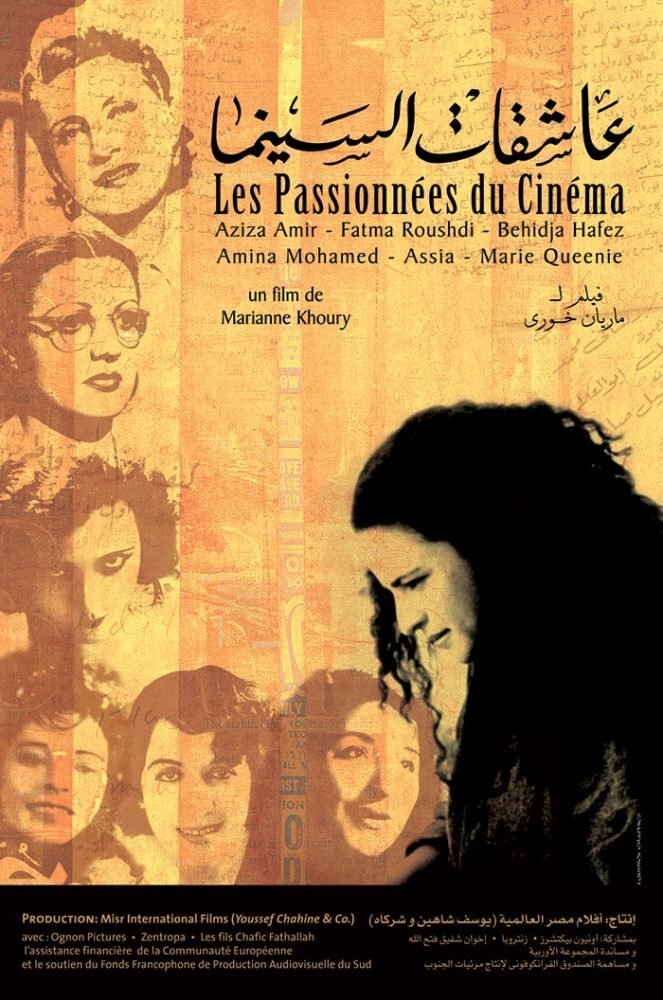

The film revolves around a man who can spend all of his life in a difficult life by lying and cheating. He is connected to a girl who seeks to marry him and is disappointed to be associated with another man until he finds himself alone, which causes him to continue the monument again.

A group of students get a scholarship in Switzerland, they happen to fall in love.

Six strong-willed women whose adventurous streak changed the face of film industry in early twentieth century Egypt – a time when the country was, despite the liberal ripples, still steeped in conservative tradition. The film shows how these women, different as they were in class and social background, broke taboos and dismissed conventional wisdom to fulfill their overpowering passion for filmmaking. Women Who Loved Cinema takes us to the past and brings us, seamlessly, to the present day. Aziza ... Fatema ... Behidja ... Amina ... Assia … Mary... theirs is a story that will remain indelibly etched in the memory of Egyptian cinema.
An Egyptian director, she graduated from the Higher Institute of Cinema. She began her artistic career by working as a second assistant director in the film (131 Works) by director Nader Galal in 1993. Then she directed her first short film (Six O’Clock Train), and then returned to work as an assistant director. In the films (Hello America), (Watch, Peace), and (Al-Lumbi), starring the artist (Mohamed Saad), and (How Do You Make Girls Love You), until she directed her first film (First Year of Nasab) in 2004, followed by the films (Malak and Kataba) ) and (About Love and Passion) and (One Zero). On the television level, she directed the sitcom series (6 Tahrir Square) in 2009, the series (Zat) in 2013, and the series (Nasa Prison) in 2014.
By browsing this website, you accept our cookies policy.